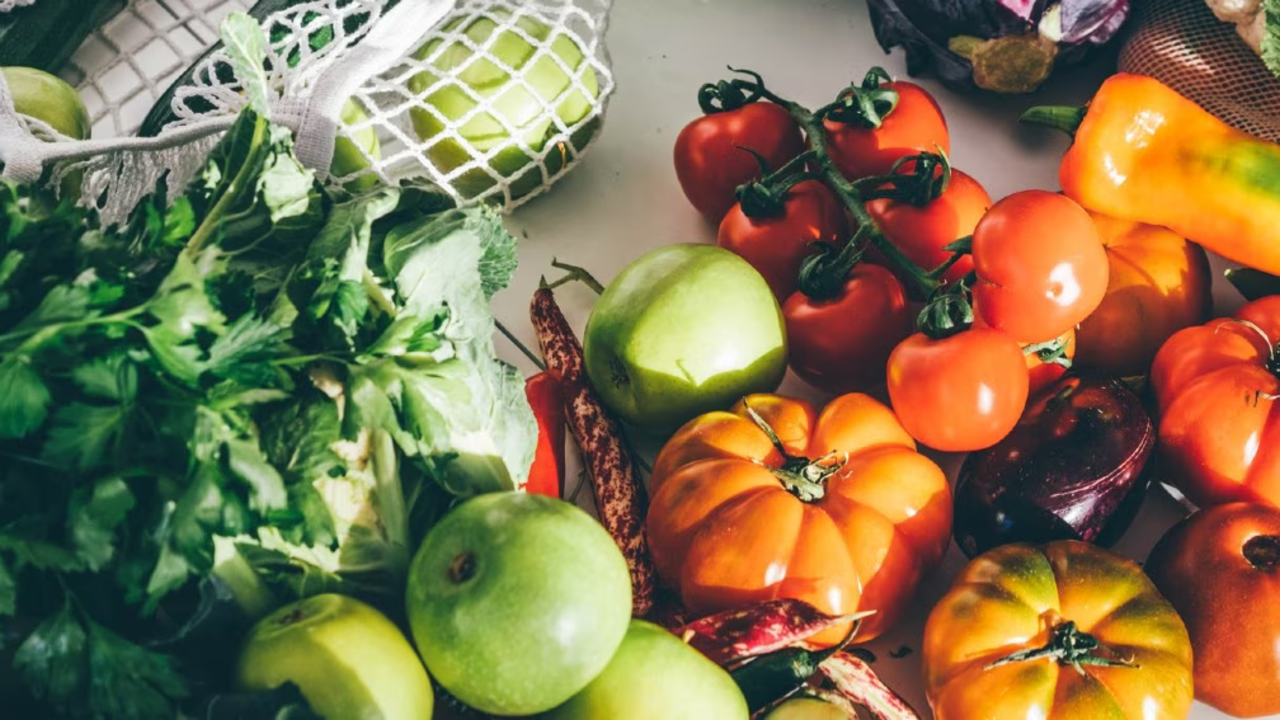

Diet plays a key role in brain health: here’s which foods to eat to become smarter by stimulating intellect and memory.
Among the methods to become smarter, we often overlook the powerful role that nutrition can play in our mental growth.
Scientific research has removed any doubts: intelligence, memory, and learning ability can be modulated through nutrition.
Some things, if eaten regularly, can make us smarter!
The brain, although constituting only a small fraction of our body weight, requires a considerable amount of energy and nutrients to function optimally. Consequently, the foods we choose can have a direct influence on brain structure and function.
Specific food choices can play a key role in promoting mental health and helping us develop intellectual abilities.
Going into more detail, here are some foods that, if consumed regularly, can improve our cognitive function and memory.
What to Eat to Become Smarter
Salmon and Other Fatty Fish
Salmon is a powerful source of omega-3 fatty acids, especially docosahexaenoic acid (DHA). These essential fats play a fundamental role in brain development and cognitive function.
Regularly consuming salmon and similar fish can improve memory, concentration, and learning ability.
Additionally, the nutrients in fatty fish help reduce inflammation in the brain, promoting long-term health of the central nervous system.
Nuts and Seeds
Nuts and seeds are rich in omega-3 and omega-6 fatty acids, vitamin E, and antioxidants that promote brain function.
These nutrients help protect brain cells from damage caused by free radicals and improve neuronal communication.
Dark Leafy Green Vegetables
Spinach, kale, and similar vegetables provide folate, vitamin K, and antioxidants that can improve your ability to learn and retain information effectively.
Folate, in particular, is involved in the synthesis of neurotransmitters that regulate mood and cognition.
Eggs
Eggs are an excellent source of choline, an essential nutrient that plays a fundamental role in the production of acetylcholine, a neurotransmitter involved in memory and learning. Choline supports the structure of cell membranes and promotes the transmission of nerve signals.
Consuming eggs regularly can contribute to maintaining brain health and promoting cognitive function.
Berries
Strawberries, blueberries, blackberries, and raspberries are known for their richness in antioxidants, vitamins, and flavonoids.
These compounds can improve long-term memory, concentration, and cognitive function, as well as protect the brain with aging.
Cocoa and Dark Chocolate
Cocoa and dark chocolate are known to be rich in flavonoids, antioxidants, and caffeine. These compounds can stimulate concentration and improve brain function.
Flavonoids, in particular, have been shown to protect brain cells from inflammation and oxidative stress.
However, it’s important to consume them in moderation, as chocolate can be rich in sugars and calories.
Turmeric
Turmeric contains curcumin, a compound with antioxidant and anti-inflammatory properties. This active ingredient can protect the brain from cellular damage, improve cognitive function, and reduce the risk of age-related cognitive decline.
Goji Berries
Goji berries are small nutritional treasures that can contribute to our goal of becoming smarter. Rich in antioxidants, vitamins, and minerals, these berries support brain health and cognitive function.
Antioxidants fight oxidative stress and protect brain cells from aging, promote memory and concentration. The B-group vitamins present in goji berries are essential for a healthy brain metabolism and the production of neurotransmitters crucial for neuronal communication.
**12 Healthy Snacks To Have With You At All Times**













